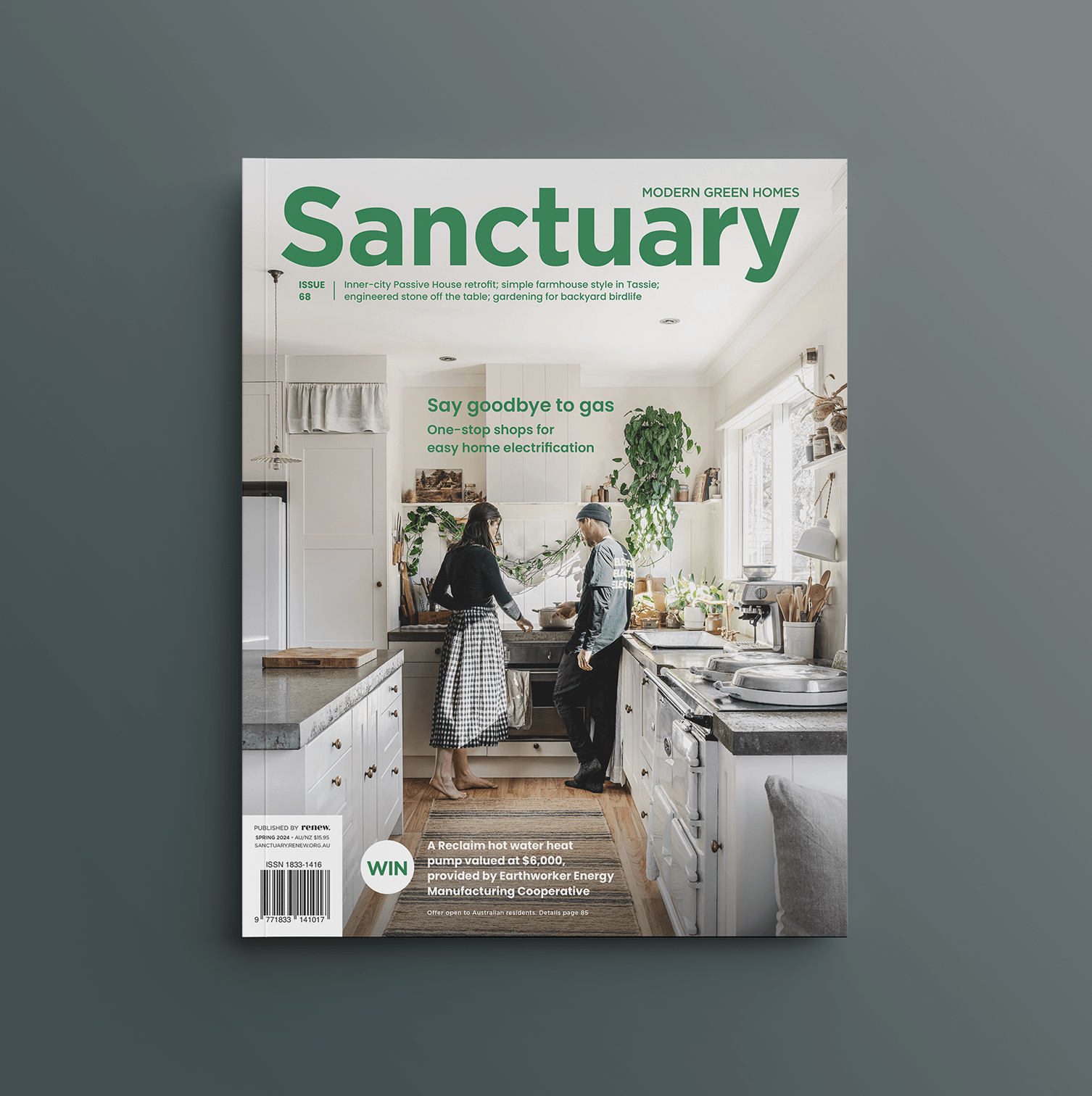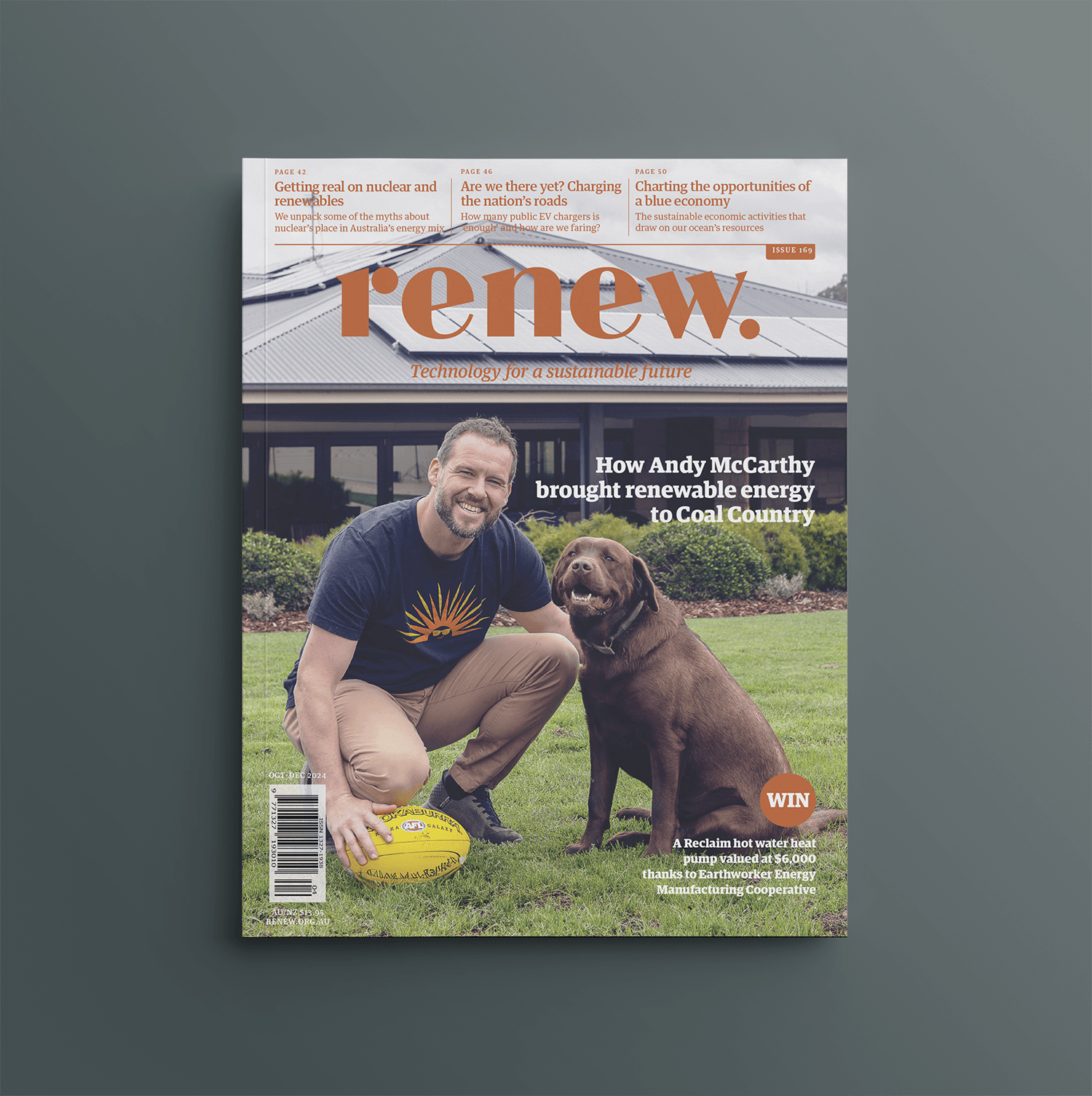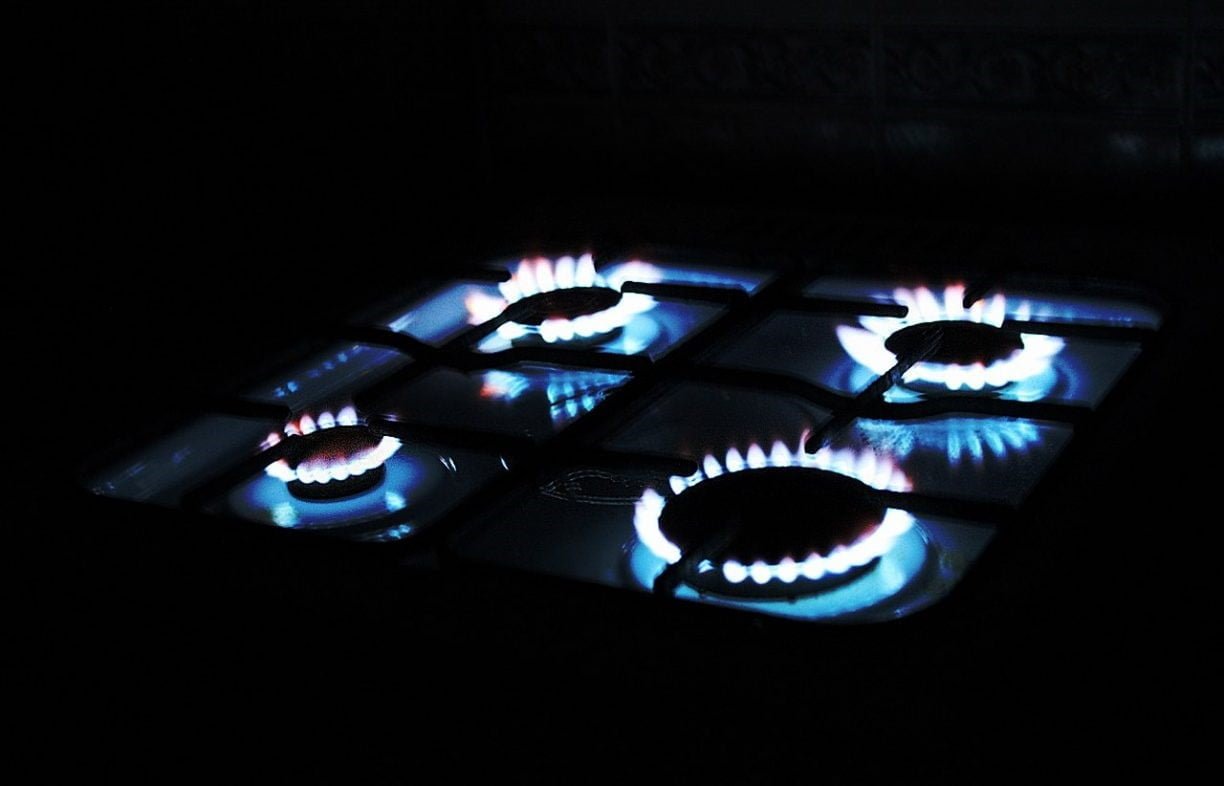Coming home to roost: the political and consumer energy for all-electric homes continues to grow
2023 has been a big year for energy and Renew has continued to pressure governments and the wider energy sector to recognise the impact of rising energy costs and the opportunities for widespread household electrification.
For over a decade, Renew has been calling for the elimination of gas from households as both an emissions and cost issue, but continues to advocate for efficient all-electric households as a vital topic for the states and the federal government who is increasingly coming under pressure to legislate for households to be able to access the benefits of affordable electricity powered by a rising portion of renewable energy in the grid.
In partnership with a number of like-minded organisations, Renew has contributed to submissions for the revision of the Victorian Government’s Gas Substitution Roadmap which is due to release its updates by Christmas, alongside the federal government’s inquiry into residential electrification that was sent to the Senate Economics References Committee earlier in the year. As a formative part of a growing coalition of community, industry and advocacy groups it is vital that we keep the pressure up and support the appetite and renewed interest in supporting the shift towards electrification and phasing out incentives towards gas connections and products.
Research continues to support the move away from gas. Recently, the Monash Climate Change and Communication Research Hub released a report on the Benefits of Household Electrification that confirmed that electric appliances are safer, more efficiency and healthier for Australians> It also highlights the potential job creation opportunities present if governments continue to invest in the household energy sector. Likewise, the Institute for Energy Economics and Financial Analysis recently confirmed the case for winding down gas distribution networks as early as 2025 but that consumers would need to be protected against the potential passing on of costs by providing access to more efficient appliances run and powered by renewable energy.
Following on from the launch of the Getting Off Gas Toolkit in July, followed by a hugely popular and successful series of webinars hosted through August, Renew has continued to advocate for policies and programs that support household electrification and equity across all sectors, including for renters, those in social housing, and focussing on the particular needs and interests of the growing number of Australians living in apartments and strata titled homes.
In October Renew presented its fifth webinar in the Getting Off Gas series focussed specifically on the barriers and opportunities for electrification across the rental and apartment sectors. Hosted by toolkit lead Dr Rachel Goldlust, the webinar featured Kate Nicolazzo from Let Me Be Frank, Euan Williamson from Creative Environment Enterprises, Jemima Mowbray from the Tenants Union of NSW and Brent Clarke from Wattblock who each shared their experience and ideas for how to re-make this growing sector look away from gas.
Renters particularly, continue to be largely overlooked in policy and discussions, but with the support of a growing cohort keen to make sure that no Australian household is left behind in the energy transition, there is a growing awareness, and recognition of, the fact that lower income homes are frequently more poorly insulated and have higher ownership rates of inefficient appliances that are cheap to buy but expensive to run.
Renew also recently attended a recent EEC Residential Energy Performance Summit held in Melbourne on November 21st that saw speakers and participants agree that “home improvement has captured Australian hearts and minds, creating genuinely exciting opportunities to personalise climate action.” Through several panels and keynotes, the opportunities and benefits of residential electrification were highlighted, but agreed that the benefits will only be realised if decisions and action by government and industry can truly centre those householders and consumers.
Although Victoria has been successful in bringing in a residential gas ban that will come into effect in January 2024, there is a long way to go across the states to see disincentives for gas appliances and development. Since our federal Labor government does not support a national ban on gas connections to new or existing homes, there is work for consumers to continue to pressure their state governments towards ending mandated gas reticulation to new builds and supporting households to switch away from gas.
Continued advocacy is essential and Renew continues to be actively engaged in wider dialog and fostering strategic initiatives to enable the transition of residential buildings and support households to make better choices when designing and retrofitting their homes.
Our policy and advocacy work relies on the support of our members, so please consider becoming a member and/or signing up for a subscription for our magazines. You can also consider donating to the Future Climate Resilience Project here.


